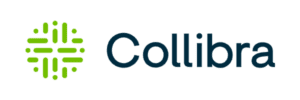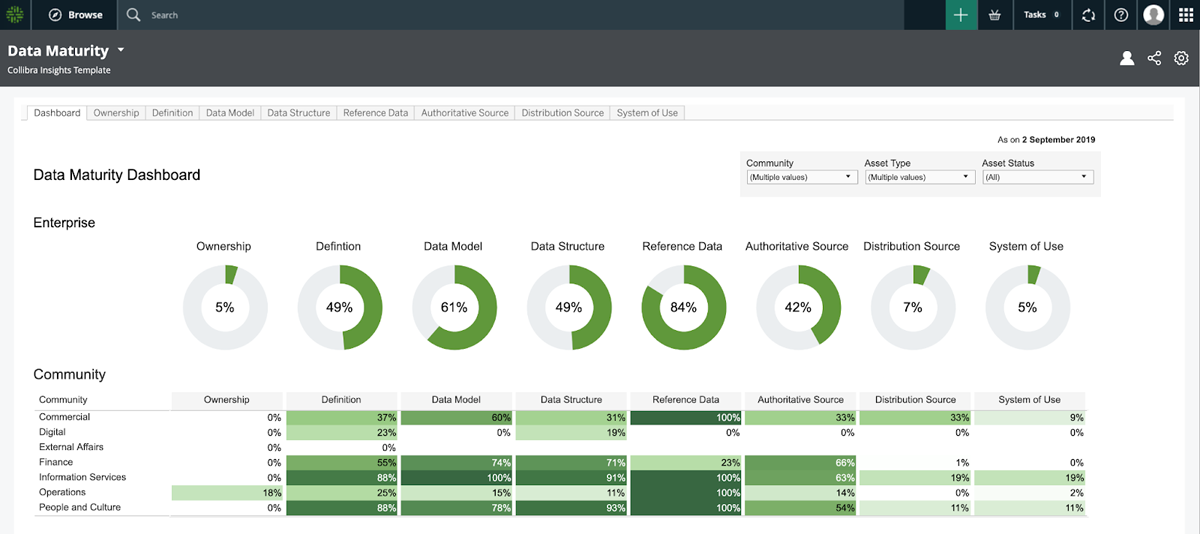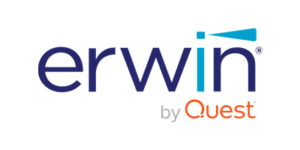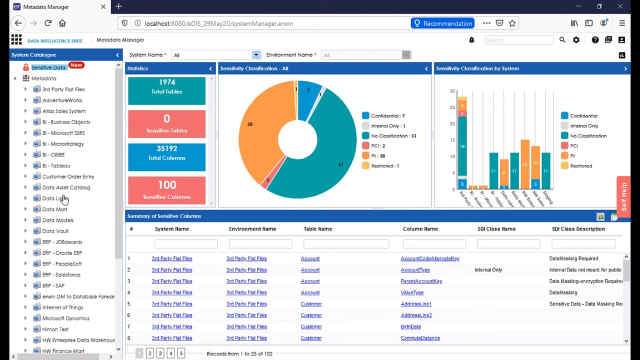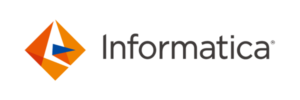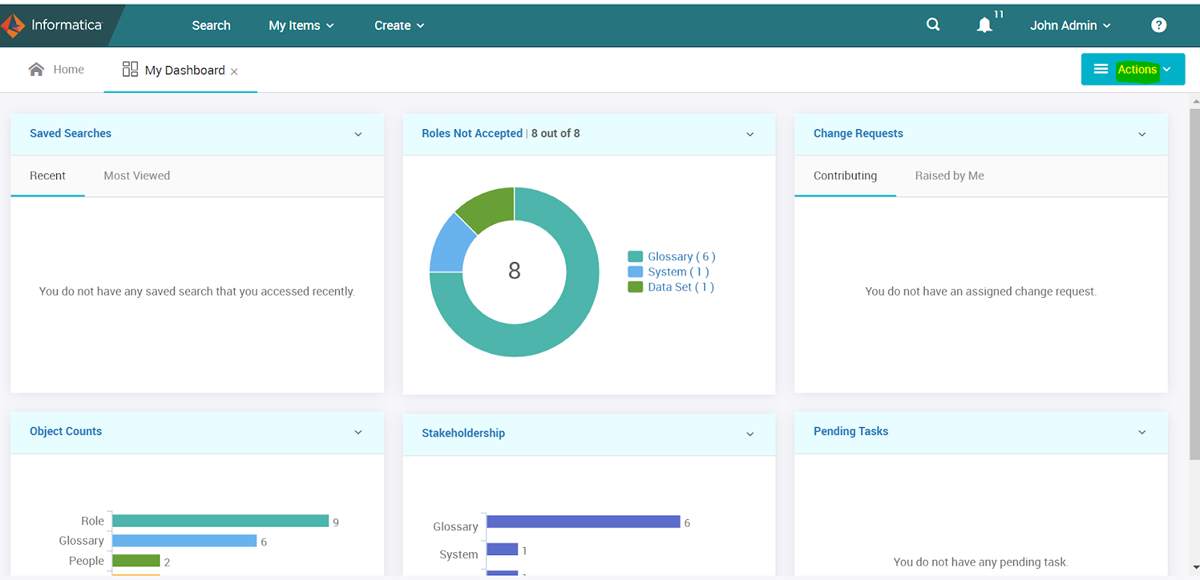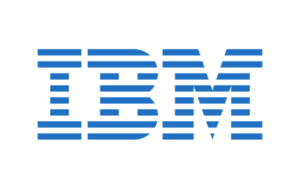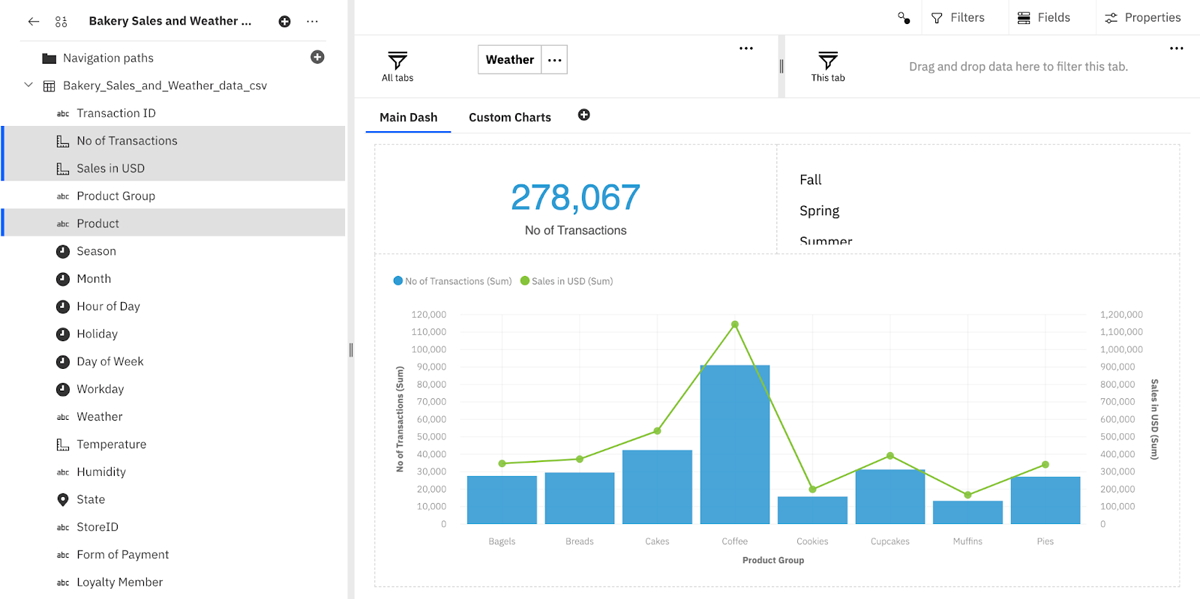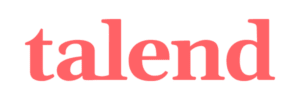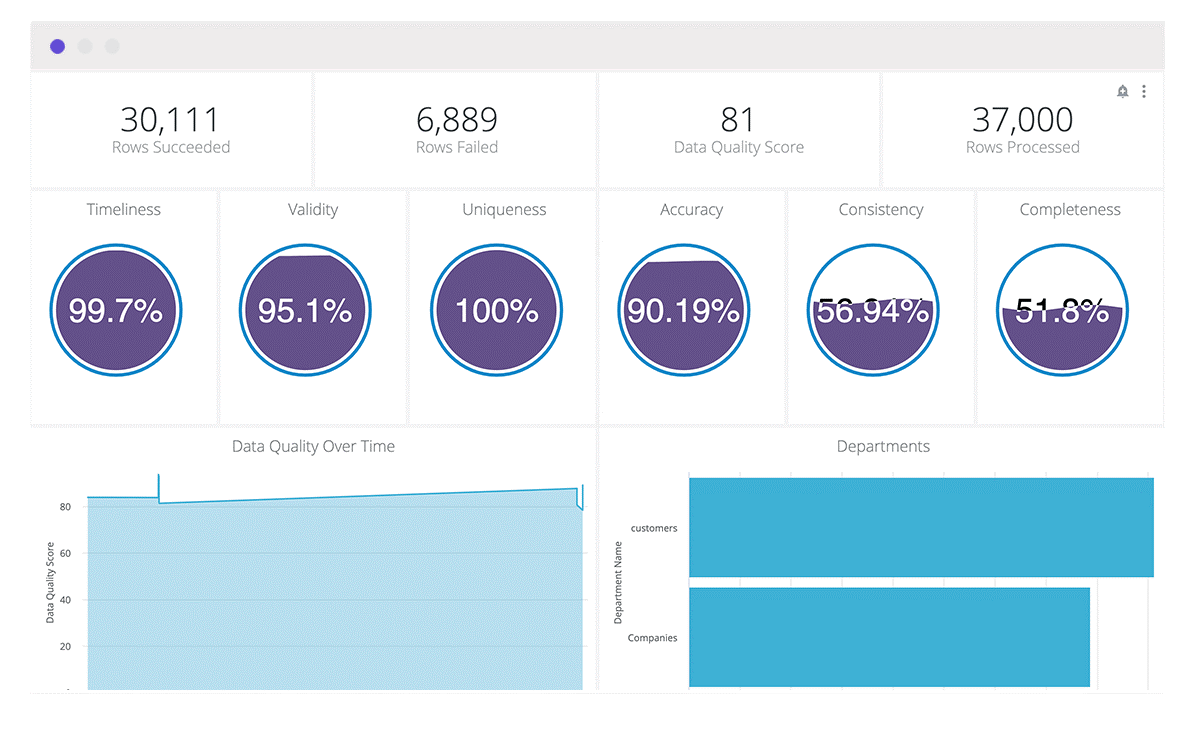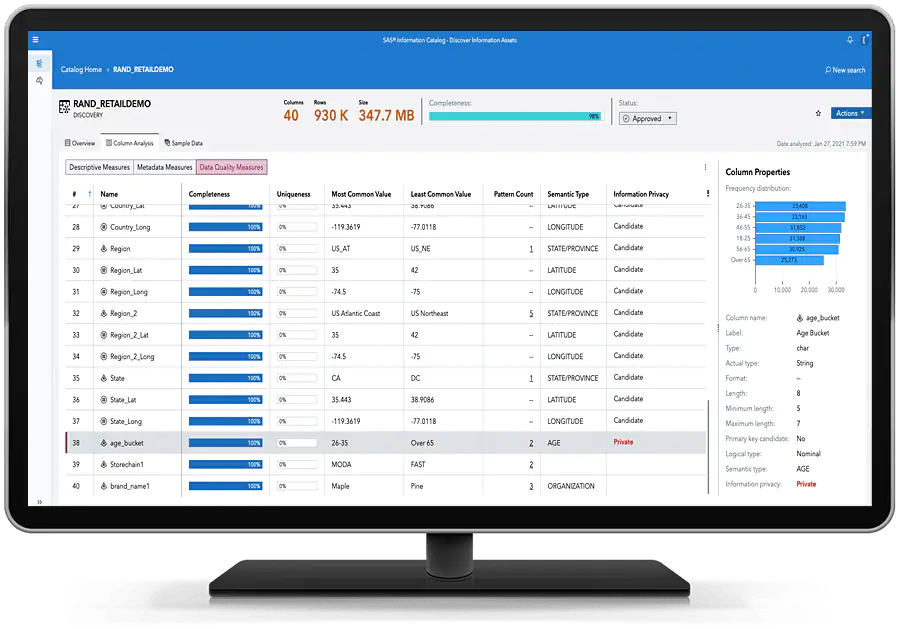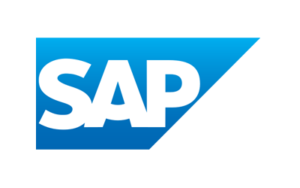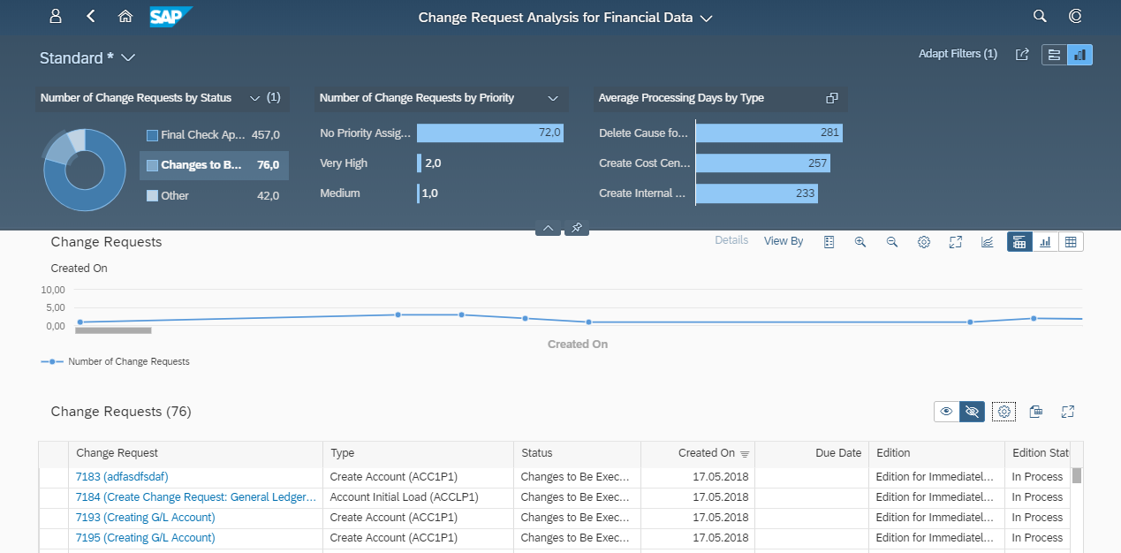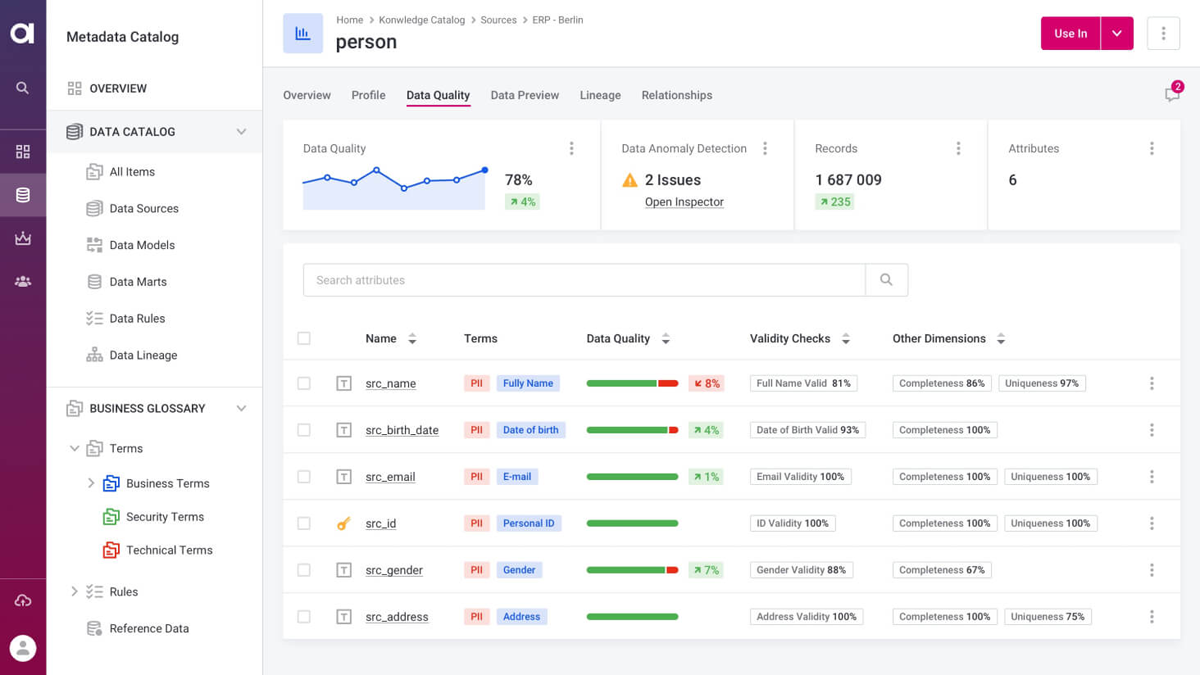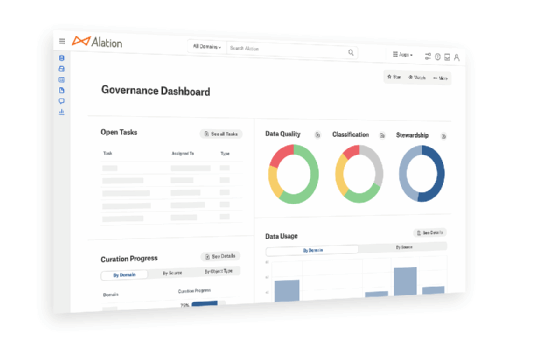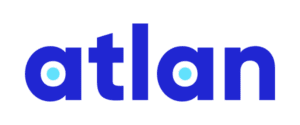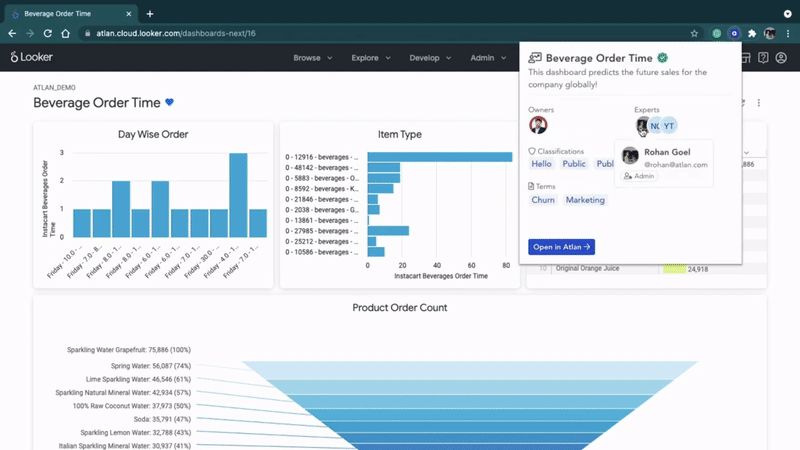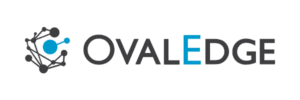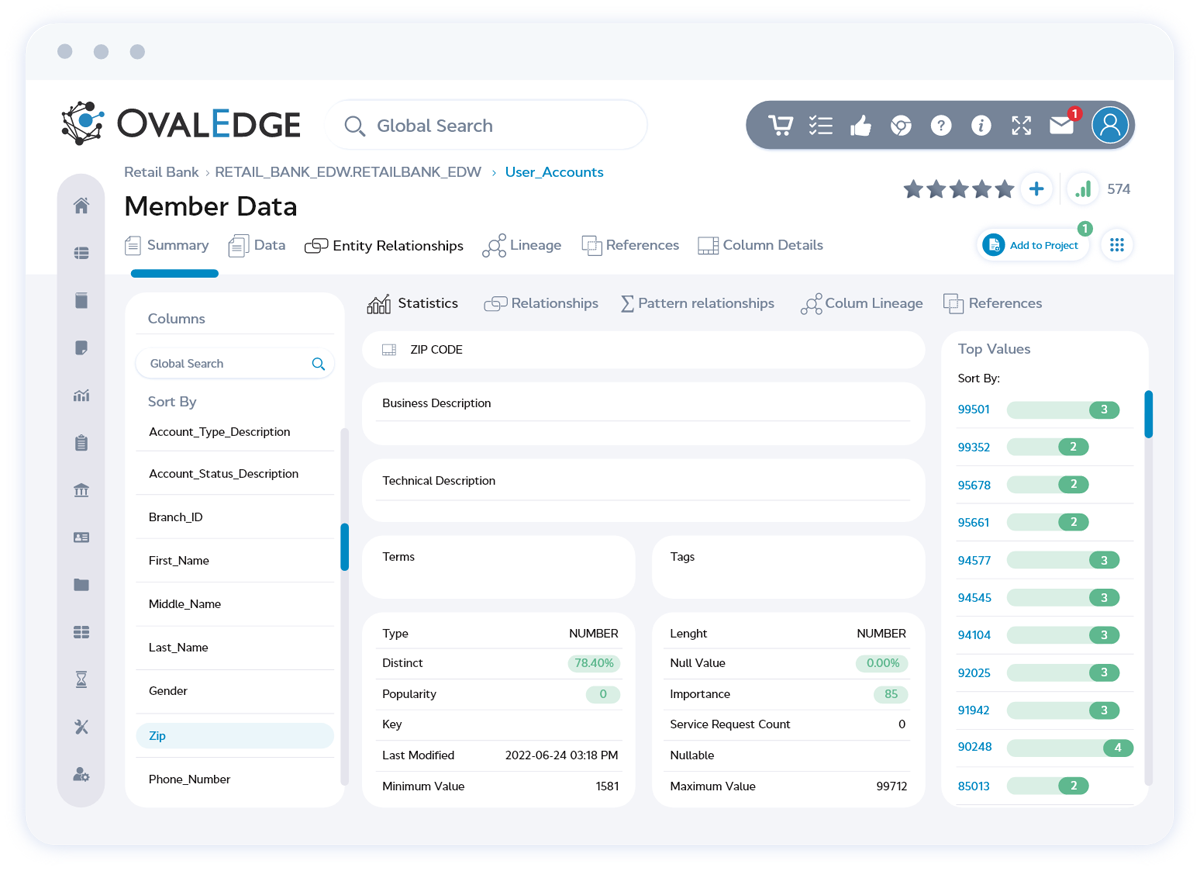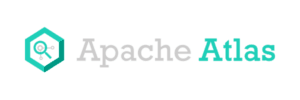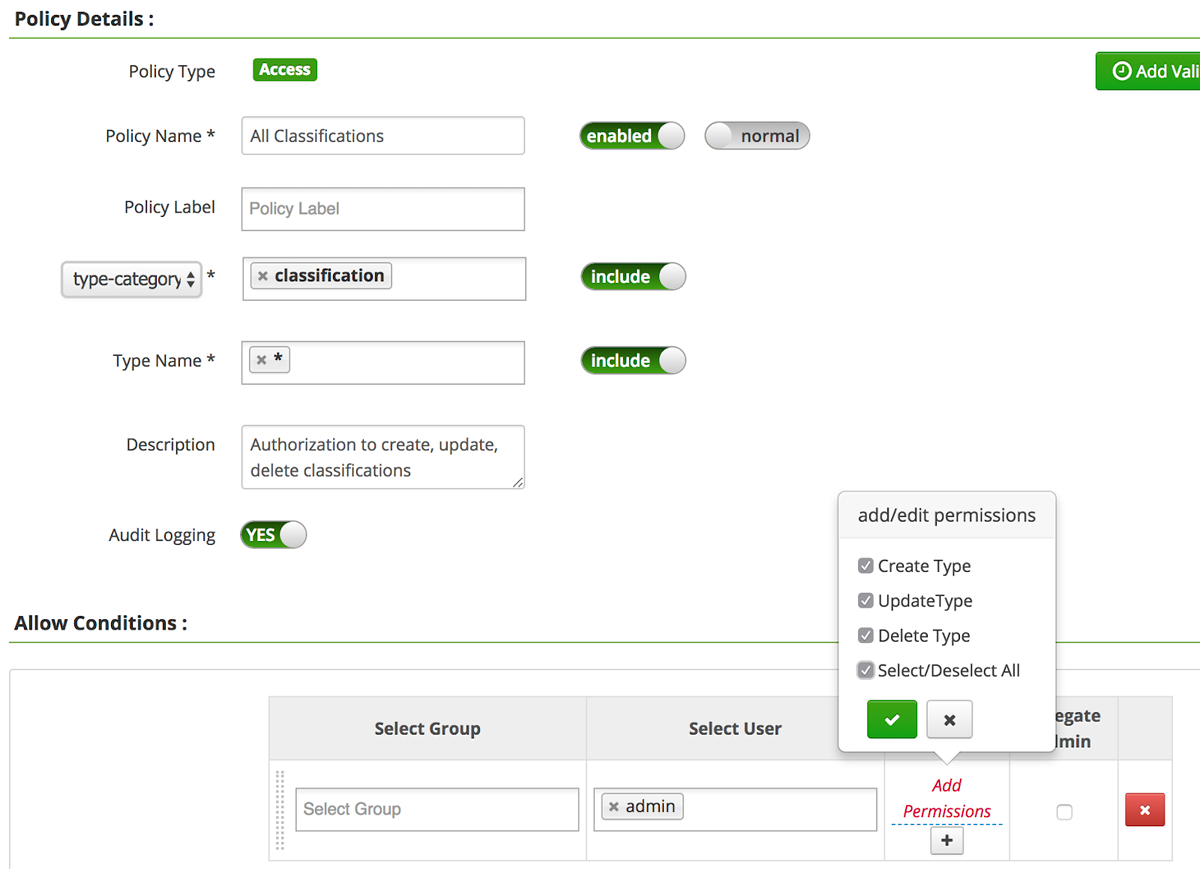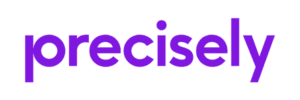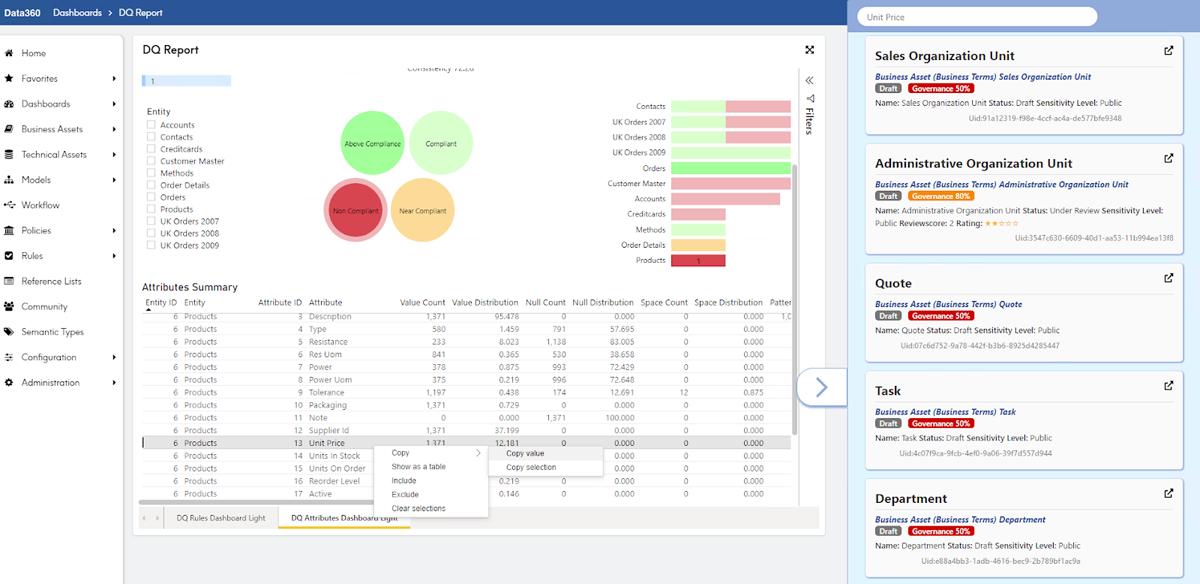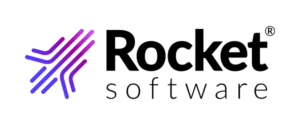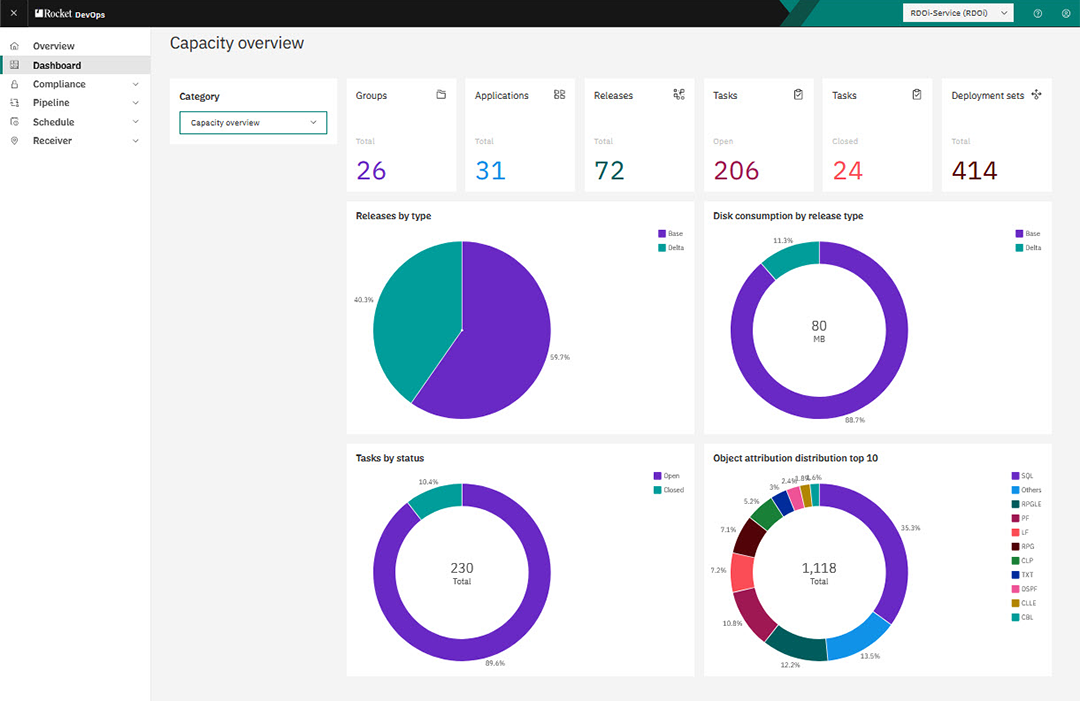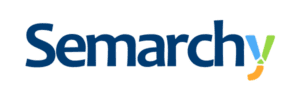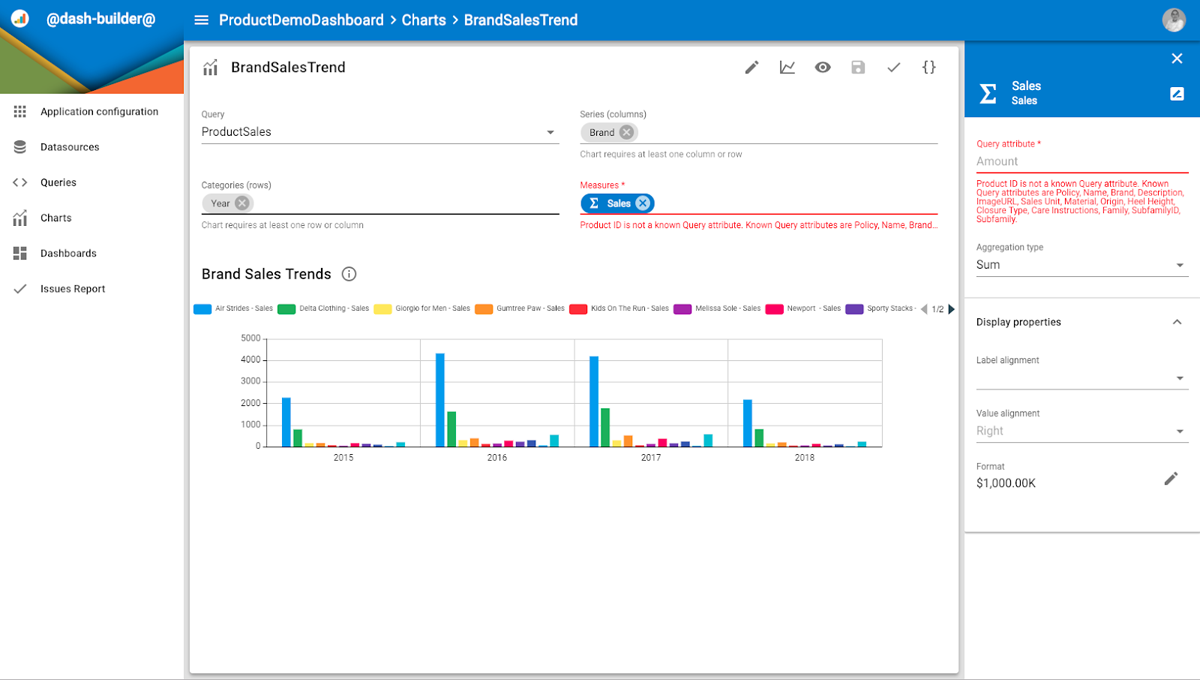Data governance tools are software applications that enable organizations to ensure data availability, usability and integrity, with the ultimate goal of ensuring compliance with data management standards.
With the right data governance software, organizations can efficiently manage their data asset and ensure it’s used in accordance with company policies, industry regulations, and best practices. Optimal data governance is not limited to just technology or tools; it’s all-encompassing and involves people, processes and technology. Data governance helps enterprises maintain consistent data quality, mitigate risks, meet compliance requirements, and – most important – support better decision-making.
For more information, also see: What is Data Governance?
Jump to:
- Top Data Governance Tools
- Collibra: Best For Customization
- erwin Data Governance: Best for Business Collaboration
- Informatica Axon Data Governance: Best for Business Users
- IBM Cloud Pak for Data: Best for Governing Structured and Unstructured Data
- Talend Data Fabric: Best for Data Integration
- SAS Information Governance: Best for Analytics
- SAP Master Data Governance: Best for Master Data Management
- Ataccama One: Best for Ease of Use
- Alation Data Governance: Best for Automation
- OvalEdge: Best for SMEs
- Apache Atlas: Best for Hadoop Clusters
- Precisely Integrity Suite Data Governance: Best for Affordability
- Rocket Data Intelligence: Best for Automated Data Lineage
- Semarchy xDM: Best for ETL/ELT Data Integration Tools
- Best Data Governance Tools: Comparison Chart
- Honorary Mentions
- Benefits of Data Governance Solutions
- Key Features of Data Governance Platforms
- How to Choose the Best Data Governance Software and Tools
- Bottom Line: Data Governance Software and Tools
Top Data Governance Tools
The best data governance tool offers full visibility and control over data quality, security and compliance. Here are 15 top-rated data governance software and tools, including their key features, pricing, pros and cons.
We analyzed hundreds of data governance tools and selected the top 15 for different user categories to help you determine the best solution for your organization. During our analysis, we considered various factors and data points, including features, affordability, quality service, customer satisfaction, and their ability to meet requirements. We also note the tools that are strong contenders for the top spots for your consideration.
For more information, also see: Best Data Analytics Tools
Collibra
Best for Customization
Collibra is a cross-organizational data governance software that enables companies to define data policies properly, catalog and classify data assets, define relationships between them, monitor and audit their usage, protect sensitive information, and understand the flow of their data.
Users praise the tool for its flexibility and customizable workflows, which allow them to tailor data governance processes within their organization. Collibra integrates with several third-party tools, including SAP ERP, Salesforce, Microsoft Dynamics, Workday Financial Management, Splunk Cloud, and Apache Parquet.
Key Features
- Data business glossary
- Centralized policy management to maintain enterprise-wide compliance
- Data reconciliation across systems
- Stewardship management
- It provides end-to-end data lineage visualization
Pros
- A 20-day free trial is available
- Easy to customize
- Ensure compliance with regulatory mandates such as GDPR
Cons
- Steep learning curve
Pricing
- Contact the company for custom quotes.
erwin Data Governance
Best for Business Collaboration
erwin Data Governance (formerly known as erwinData Intelligence by Quest) is an enterprise-level solution that allows organizations to automate, manage and monitor the flow of data across their enterprise.
It provides a single source of truth for data governance by consolidating data silos and providing visibility into the data stewardship process. The platform consolidates its data catalog and literacy capabilities to provide a unified view of enterprise data, monitor its usage, and ensure compliance with data regulations and best practices.
Key Features
- Data stewardship management capabilities
- Automate data profiling and data quality assessments
- Create a data governance model to manage standards, policies and best practices
- Automate metadata management and data mapping
- Allows the connection of physical metadata to specific data models, business terms, definitions and reusable design standards
Pros
- Enhance data intelligence self-service
- Highly customizable
- Reporting and analytics
Cons
- Search capabilities could be improved
Pricing
Available on request.
Informatica Axon Data Governance
Best for Business Users
Informatica Axon is a data governance tool used by business, IT, and security teams to ensure data integrity, accuracy, privacy, and regulatory compliance. It offers a marketplace portal where business users can find approved data assets.
It integrates with Informatica data quality and Informatica enterprise data catalog to facilitate collaborative data governance programs across business and IT leaders.
Key Features
- Integrates with the electronic data capture (EDC)
- Comply with regulations such as GDPR, CCPA, BCBS 239, and HIPAA
- Data visualization capabilities
- Dictionary, search, and rating capabilities
- Leverage AI and ML for automation
Pros
- Excellent support team
- Business process mapping
- Data discovery
Cons
- No free trial
Pricing
Pricing is available on request.
IBM Cloud Pak for Data
Best for Governing Both Structured and Unstructured Data
IBM Cloud Pak for Data is an open, extensible data and AI platform built on Red Hat OpenShift that helps enterprises modernize their data. It provides an integrated set of services, tools, and frameworks to help data teams securely access, govern, integrate, and analyze data across hybrid clouds.
Cloud Pak for Data includes profiling, cleansing, monitoring, matching and enriching data capabilities. The Data Quality service helps improve data accuracy and consistency by profiling and validating data, and identifying and fixing inconsistencies.
Key Features
- Metadata management
- Search, visually explore and better understand data
- Enhance governance processes with standardization rules
- Data lineage and privacy risk assessment
- Advanced data discovery and privacy
Pros
- Manage policies and rules
- Address data quality issues with capabilities for profiling, cleansing, monitoring, matching, and enriching data
- Enforce data protection rules
- Data lifecycle management
Cons
- Some users reported that the tool is cost prohibitive for small business
Pricing
Available on request.
For more information, also see: Top Data Mining Tools
Talend Data Fabric
Best for Data Integration
Talend is an open-source data integration platform that provides many data integration solutions to help businesses connect, access, and analyze data from over 140 data sources. It offers a graphical data model designer, connectors, and components library for data integration and management.
With Talend, users can build, deploy, and manage data pipelines for various use cases, such as ETL, ELT, and data warehouse automation. Talend data fabric platform combines data integration, data integrity and governance, and Application and API integration.
Key Features
- Automatically clean and profile data in real-time
- Application-to-application integration
- Data profiling to identify data quality issues
- Data sharing with internal and external stakeholders through API
- Allows users to embed data quality, stewardship, preparation, and cataloging into their data pipelines
Pros
- Multi-/hybrid-cloud and on-premises integration flexibility
- Over 900 data connector
- Self-service capabilities
Cons
- Some users reported that the graphical data model designer gets slow when running heavy projects
Pricing
Available on request.
SAS Information Governance
Best for Analytics
With SaS Information Governance, analysts, data stewards and business users can find, catalog and discover data, reports, models and other analytics assets. It also helps organize, classify and govern data assets and improve data quality, trust and consistency.
The software integrates with SaS Viya, an AI-driven SaS analytics platform, to provide a unified view of all data assets. It helps manage data quality and security, automates tasks, and governs decisions. This tool is sold as standalone software and an optional add-on with other products.
Key Features
- Automatic content classification and discovery of privacy data
- Data catalog, preparation and lineage capabilities
- Open metadata and governance
- Includes a business glossary and lineage viewer
Pros
- A 14-day free trial
- Self-service interface
- Cloud-native
- Ease of use for non-technical users
Cons
- According to some users, support could be improved
Pricing
Available on request.
SAP Master Data Governance
Best for Master Data Management
SAP Master Data Governance (MDG) is a centralized, enterprise-wide solution for managing master data. It enables organizations to effectively govern and manage master data across the enterprise while helping to ensure data accuracy, consistency, and compliance with corporate and regulatory policies.
MDG helps to automate and standardize master data processes, improve data quality, and provide real-time insights into master data.
Key Features
- On-premise, private, and public cloud deployment
- Data quality and process analytics
- Create a unified view source
- Identify duplicate records and merge them in the master data consolidation run
- Mass data processing across the organization and enterprise-wide data quality validation
Pros
- Integration with SAP ERP
- Customizable
- Enforce compliance
- Customer praises its rules-based workflows
Cons
- Some users say that implementing SAP Fiori is challenging
Pricing
Pricing for this tool starts from $55 per block of 5,000 objects per month. Contact the SAP MDG sales team for detailed quotes.
Ataccama One
Best for Ease of Use
Ataccama One is a Platform-as-a-Service self-driven data management platform that provides a comprehensive suite of tools for data governance, quality, integration, reference data management, and data stories.
The platform is designed for various data professionals with varying experience and use cases, including data stewards, governance pros, data analysts, data scientists, and data engineers. With Ataccama ONE, you can automatically assign business rules for all your data, customize data quality rules with its no-code capability, and automatically detect anomalies in your data.
Key Features
- Deployable on-premise, public and private cloud
- Integrates with big data platforms like Spark, AWS, Databricks, Hadoop, Hortonworks, Cloudera, MapR, Google and Azure
- Orchestrate, schedule, and monitor pipelines
- Automatically assign business rules
- Automated data quality calculation and anomaly detection
- Built-in data quality processing
- Automated data discovery and change detection
Pros
- Easy to setup and use
- All-in-one for data quality, MDM, data catalog, RDM, data integration and data stories
- Full audit history
- Role-based security
Cons
- Usually requires a technical expert to deploy
Pricing
Available on request.
Alation Data Governance
Best for Automation
Alation Data Governance helps organizations improve their data quality, governance, and security. The platform automates data governance by leveraging artificial intelligence, machine learning, and crowdsourcing to enhance data stewardship, classification, business glossary, and quality documentation.
Its business glossary automatically suggests business terms and identifies stewards and subject matter experts based on usage patterns to boost collaboration and scale documentation.
Key Features
- Centralized policy management
- Automate stewardship and curation
- Support hybrid and multi-cloud environments
- Its governance dashboard enables stakeholders to measure progress on open tasks and policy usage
Pros
- Automates governance tasks
- Users can create and configure governance workflows without coding
- Apply policies and controls
- Behavior analysis
Cons
- The tool can get expensive, as per user review
Pricing
Available on request.
For more information, also see: Top Data Visualization Tools
Atlan
Best for Data Team Collaboration
Atlan helps teams collaborate and democratize access to data across the enterprise. The platform features a google-like search, a central repository for data, and an active data governance system that gives users the power to organize and control data.
It enables users to discover, curate, and manage data securely with powerful search, workflow automation, and audit trail capabilities. Some of Atlan’s customers include Cisco, Autodesk, Nasdaq, Unilever, DigitalOcean and more.
Key Features
- Custom classifications
- Programmable PII bots to auto-identify sensitive PII, HIPAA, and GDPR data
- Masking and hashing policies
- Personalize user roles by setting metadata, data and glossary policy
Pros
- User friendly
- Automation
- Users praise its integration with Snowflake and Power BI
Cons
- Documentation can be improved
Pricing
Available on request.
OvalEdge
Best for SMEs
OvalEdge is a data catalog and governance tool that crawls various data sources, including data lakes, files, tables, analytics software, and more to index metadata. It helps define roles and responsibilities for data governance, tracks data lineage, provides data quality insights and automates data cataloging.
OvalEdge allows data stewards to build and manage a common business lexicon, track and monitor data usage, and manage the data lifecycle. The tool also provides visibility into data security, privacy and compliance.
Key Features
- Its data classification capabilities classify data into various categories, including PII, sensitive, protected and more
- Business data glossary
- Data quality monitoring and control
- Data access request and control
- Metadata change management
- Data quality rules
- Data valuation
- Build data lineage by parsing SQLs, ETLs, reporting systems, and a variety of codes
Pros
- AI-driven classification
- Lineage building
- Customizable and easy to use
Cons
- Documentation could be improved
Pricing
OvalEdge offers three pricing plans, including essential (Starts at $15,600 per year), professional (custom pricing) and enterprise (custom pricing).
Apache Atlas
Best for Hadoop Clusters
Apache Atlas is an open-source metadata management and governance platform developed to enable a data-driven approach to enterprise management.
The tool fosters collaboration among data scientists, analysts and the data governance team by providing open metadata management and governance capabilities for organizations to build a catalog of their data assets and classify and govern them.
Key Features
- Ability to define new types for the metadata to be managed
- Pre-defined types for various Hadoop and non-Hadoop metadata
- Enable users to dynamically create classifications such as PII, EXPIRES_ON, DATA_QUALITY, SENSITIVE
- Security and data masking
- Atlas supports ingesting and managing metadata from the following sources HBase, Hive, Sqoop, Storm and Kafka
Pros
- Includes security features such as SSL, Service Authentication and SPNEGO-based HTTP authentication
- Community driven
- Feature-rich
Cons
- Steep learning curve
Pricing
Free.
Precisely Integrity Suite Data Governance
Best for Affordability
Precisely Integrity Suite Data Governance is a comprehensive solution designed to automate and streamline data governance processes. It works with Data360 DQ+, Spectrum Quality, Trillium Quality and other data quality tools to provide an end-to-end solution for managing data quality and compliance.
Data360 Govern provides a suite of governance tools, including data lineage, data glossaries, and policy management, to help organizations identify and track data issues and remediate them.
Key Features
- Data policy documentation
- Data detection and tagging
- Business glossary
- 3D data lineage
- Data stewardship
- Harvests metadata, imports data quality scores, and automates workflows
Pros
- Contextual automation capabilities
- Data enrichment and location intelligence
- Leverage AI/ML for data classification and tagging
Cons
- Limited documentation
Pricing
Available on request.
Also see: Real Time Data Management Trends
Rocket Data Intelligence
Best for Automated Data Lineage
Rocket Software acquired ASG Technologies in 2021. The company refers to its Data Intelligence (DI) platform as “the Solution for Data Distrust,” and it provides features to help organizations manage, analyze, and gain insight from their data.
The platform is designed to help organizations gain trust in their data, increase operational efficiency, and reduce risk. It provides compliance with various industry mandates such as SOX and HIPAA and enables organizations to drive more value from their data.
Key Features
- Visualize regulatory lineage
- Removes data bloat and redundancies
- Data stewardship
- Complies with mandates such as GDPR, CCPA/CCPR, BCBS 239, CCAR, FRTB, GDPR, HIPAA, and SOX
- Automated support for harvesting metadata
Pros
- Compliance and audits
- Analytics and insights
- Automate workloads across hybrid infrastructures
Cons
- Steep learning curve
Pricing
Available on request.
Semarchy xDM
Best for Customers with ETL/ELT Data Integration Tools
Semarchy xDM is an intelligent data hub that includes Master Data Management (MDM), Reference Data Management (RDM), Application Data Management (ADM), Data Quality, and Data Governance capabilities.
With its data-driven capabilities, Semarchy xDM provides features such as data quality, validation, matching, de-duplication, authoring, and workflows. It helps organizations to understand and manage their data, improve data quality, and build applications that rely on accurate and trusted data.
Key Features
- Includes tools for data visualization, predictive and prescriptive analytics, data science, and AI/ML
- Integrates with ETL/ELT, BPM, Virtualization, and APIs
- Its Discover xDM can be used for data profiling, data preparation, data lineage, and search
- Deployable on-premise and cloud environment
Pros
- Rich knowledge-base
- Scalable and flexible
- Feature-rich
Cons
- Users reported that the user interface is less intuitive.
Pricing
Available on request.
Best Data Governance Tools: Comparison Table
| Product | Best for | Starting Price | Business Glossary | Features |
| Collibra | Customization | Not available | Yes | Data quality, lineage, observability, privacy, and catalog |
| erwin by Quest | Collaboration | Not available | Yes | Business process modeling, enterprise architecture, data modeling, data catalog, and data literacy |
| Informatica Axon Data Governance | Business users | Not available | Yes | Data stewardship, data catalog, integration and hyperautomation, API and app Integration, data quality |
| IBM Cloud Pak for Data | Governing structured and unstructured data | Not available | Yes | Multicloud data access, end-to-end AI lifecycle, |
| Talend Data Fabric | Data integration | Not available | Yes | Data integration, application and API integration, data integrity and governance, data privacy and security, and distributed data processing |
| SAS Information Governance | Analytics | Not available | Yes | Automatic content classification and discovery of privacy data, data catalog, lineage, preparation, information discovery, and search capabilities |
| SAP Master Data Governance | Master data management | $55 per block of 5,000 objects per month | Yes | Data consolidation, mass processing, central data governance, process analytics and data quality management |
| Ataccama One | Ease of use | Not available | Yes | Data catalog, quality, stories, integration, MDM and reference data |
| Alation Data Governance | Automation | Not available | Yes | Data catalog, stewardship, policies and controls, monitor and measure |
| Atlan | Data team collaboration | Not available | Yes | Data catalog, discovery, lineage, and business glossary |
| OvalEdge | SMEs and data accessibility | $15,600 per year | Yes | Data catalog, literacy, access, and quality |
| Apache Atlas | Hadoop clusters | Open source | Yes | Data classification, search and discovery, lineage and masking |
| Precisely Data360 Govern | Policy documentation | Not available | Yes | Policy documentation, business glossary, data steward, data catalog, advance profiling and data detection and tagging |
| Rocket Data Intelligence (Formerly ASG Technologies) | Automated data lineage and metadata capabilities | Not available | Yes | Visualize regulatory lineage, data stewardship, eliminate data redundancies, and manage reference data |
| Semarchy xDM | Best for customer with ETL/ELT data integration tool looking to derive value from existing data | Not available | Yes | Data integration, management, discovery and governance |
Honorary Mentions
The following 20 data governance software solutions are notable mentions for their data governance capabilities.
- Alteryx: Works to make complex data accessible to all staffers.
- Dataddo: Offers a low-code interface that allows data workers to create/develop their own applications.
- Integrate.io: A unified data warehouse platform with hundreds of connectors to help integrate to many data sources.
- Google Cloud Data Catalog: A centralized platform to make data management faster and more effective.
- Immuta: Focuses on self-service access with a high degree of data security.
- Oracle Enterprise Metadata Management: A top choice for companies that already use the Oracle suite of data management products.
- Egnyte: Offers a library of APIs to govern cloud-based content.
- Syniti Knowledge Platform: A cloud-native enterprise-grade data management platform that leverages AI and ML.
- OneTrust Data Governance: A flexible risk management platform that helps companies meet regulatory requirements.
- Microsoft Purview: Gathers data tools into a centralized platform for easier management; a natural choice for a Microsoft-based business.
For more information, also see: Top Data Visualization Tools
What are the Benefits of Data Governance Solutions?
By implementing data governance solutions, organizations can reap many benefits. Improved data quality is one of the main advantages, as these solutions establish standards for data management and introduce controls to ensure that only accurate and reliable data is used. This leads to better decision-making and improved customer service. Additionally, data governance solutions help organizations stay compliant with changing regulatory requirements, reducing the risk of hefty fines.
Data governance solutions also help to reduce data management costs, as they reduce redundant or outdated data and help to eliminate manual processes. Increased data security is another benefit, as these solutions provide robust security measures to protect data from unauthorized access. Furthermore, they provide better visibility into the available data, allowing decision-makers to make better decisions faster.
Key Features of Data Governance Platforms
The following are the key features to look out for in a data governance tool:
- Data cataloging and metadata management: The data cataloging and metadata management feature provides users with the ability to easily organize, classify, and store their data in a central repository. This helps ensure that all data is properly indexed and easily retrieved for analysis or other uses.
- Data quality assurance and governance: Data governance tools provide users with the ability to monitor the accuracy, completeness, and validity of their data, as well as ensure that data is being used in accordance with corporate policies.
- Security and access controls: Security and access controls are essential features of data governance platforms, as they allow users to control who has access to which data sets and limit access to certain data elements.
- Automated workflows: Automated workflows are also essential features of data governance platforms, as they enable organizations to automate processes such as data validation, data transformation, and other data-related tasks.
- Data visualization: Data visualization tools allow users to gain insights into their data by visualizing it in charts, tables, and other forms. This makes it easier to spot trends and correlations that would otherwise go unnoticed.
- Data lineage and traceability: Data governance platforms enable users to track data from its source to where it is used. This allows organizations to understand the data better and ensure it’s handled and used securely and competently.
How to Choose the Best Data Governance Software and Tools
To select the best data governance software and tools for your organization, it’s important to consider the size and complexity of your data environment as well as your data governance needs.
- Evaluate your needs: Before shopping for data governance software, clearly define your organization’s data governance requirements and objectives. Ensure your data governance goals are aligned with your business strategy.
- Understand the different types of data governance software: It’s important to understand the different types of software and tools available to determine which best suits your organization’s needs. Talk to not just sales reps but also industry peers.
- Research vendors and solutions: Once you clearly understand your data governance needs, it’s time to start researching vendors and solutions. Look for vendors with experience working with organizations like yours and a proven track record of successful implementations.
- Consider the total cost of ownership (TCO): When evaluating data governance software, consider the TCO. This includes the initial purchase price and ongoing maintenance, training, and support.
- Get user feedback: Before making a final decision, getting user feedback from people in your industry who may be using the software is a good idea. Ask questions like “How easy is it to use?,” “What features do you find most useful?,” and “What do you think could be improved?”
- Test the software: Once you’ve narrowed down your list of potential software solutions, it’s important to ensure it meets all your requirements. Many vendors offer free trials or demos so you can get a feel for how the software works before making a commitment.
To learn more, also see: Data Analytics Trends
Bottom Line: Data Governance Software and Tools
When shopping for data governance software, consider the specific needs of your organization, such as its size, its existing data landscape, and desired outcomes. The selected solution should be capable of providing the necessary features and capabilities to support your enterprise’s data governance efforts effectively.
To learn more, also see: Top Business Intelligence Software
Featured Partners: BI Software
Yellowfin
Yellowfin is an embedded analytics and BI platform that combines action based dashboards, AI-powered insight, and data storytelling. Connect to all of your data sources in real-time. Robust data governance features ensure compliance. Our flexible pricing model is simple, predictable and scalable. Easily configure Yellowfin to allow multiple tenants within a single environment. Bring your data to life with beautiful, interactive visualizations that improve decision-making.
Zoho Analytics
Finding it difficult to analyze your data which is present in various files, apps, and databases? Sweat no more. Create stunning data visualizations, and discover hidden insights, all within minutes. Visually analyze your data with cool looking reports and dashboards. Track your KPI metrics. Make your decisions based on hard data. Sign up free for Zoho Analytics.
